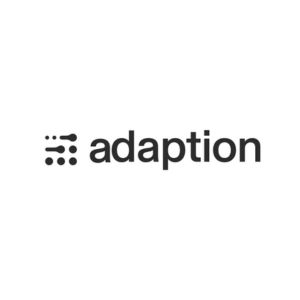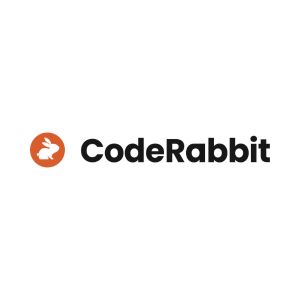Startups & Business News
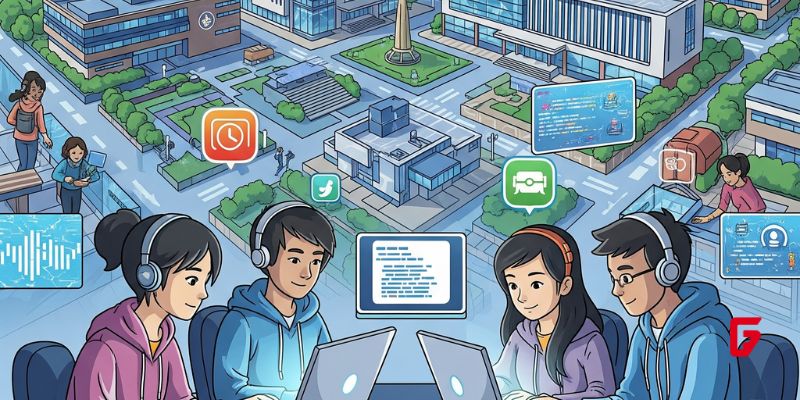
What Is Liangzhu and Why Is It Making Headlines?
Tucked away on the outskirts of Hangzhou, Liangzhu has quietly become the epicenter of China’s artificial intelligence (AI) boom. Once a tranquil suburb, it now buzzes with the energy of young coders, ambitious founders, and tech investors. The transformation is so profound that Liangzhu is often compared to Silicon Valley—but with a distinctly Chinese twist.
The Rise of an AI Hotspot
Government support: Over the past decade, local authorities have rolled out tax breaks and subsidies to attract startups, fueling an explosion of innovation.
Proximity to tech giants: Liangzhu’s location near companies like Alibaba, DeepSeek, and NetEase has made it a magnet for talent.
Startup culture: On any given weekend, you’ll find aspiring entrepreneurs pitching ideas in backyards, coders collaborating in coffee shops, and investors scouting the next big thing.
The “Villagers” Driving Innovation
Liangzhu’s tech community calls themselves “villagers”—a nod to their collaborative spirit and shared ambition. Most are in their 20s and 30s, many are alumni of Zhejiang University, and they’re united by a passion for pushing the boundaries of AI.
Daytime: Writing code, building prototypes, and networking in local cafés.
Nighttime: Gaming sessions, brainstorming, and plotting the launch of new ventures.
Aspirations: Many are biding their time, waiting for noncompete clauses to expire so they can start their own companies.
How do local talent and universities fuel Liangzhu’s AI scene
Local talent and universities are central to fueling Liangzhu’s AI ecosystem. The area attracts a steady influx of young engineers and tech workers, many of whom are recent graduates from top institutions like Zhejiang University. These individuals gather in informal settings—cafes, backyards, and coworking spaces—to collaborate on building AI startups, inspired by the success of major tech companies such as Alibaba.
Universities play a critical role by supplying a pipeline of highly skilled graduates and fostering a culture of research and innovation. The technical expertise and fresh ideas generated in academic settings directly feed into local startups, helping them develop cutting-edge AI models and products. This academic-to-industry flow is a key driver behind the rapid emergence of Liangzhu as a tech hub.
Additionally, government policies in Hangzhou—including subsidies and incentives for college graduates—have made the region even more attractive to young talent. These measures ensure that the best minds are not only trained locally but also retained, further strengthening the AI scene in Liangzhu.
Key Players and Breakthroughs
DeepSeek: This AI startup made waves by releasing a powerful open-source model at a fraction of the cost of Western equivalents.
Alibaba: Continues to be a major force, nurturing talent and innovation.
Six Tigers of Hangzhou: DeepSeek and other robotics and AI startups are collectively known as the “six tigers,” each making headlines for breakthroughs in AI and robotics.
Challenges in China’s AI Ecosystem
Foreign investment hurdles: While government funding has spurred growth, it has also made it harder for startups to attract international capital.
Chip shortages: US export controls on high-performance semiconductors have forced Chinese firms to accelerate domestic chip development.
Talent wars: Engineers are in such high demand that moves between companies like DeepSeek, Xiaomi, and ByteDance become major news.
Why Liangzhu Matters for the Future of AI
Liangzhu isn’t just another tech hub—it’s a symbol of China’s determination to lead in AI. The village’s unique blend of grassroots innovation, institutional support, and youthful ambition is setting the pace for the next wave of global AI development.
Liangzhu’s rise is a testament to the power of community, creativity, and relentless pursuit of innovation. As the world watches the AI race unfold, this coder village is proving that the next tech revolution might just begin in the most unexpected places.

futureTEKnow
Editorial Team
futureTEKnow is a leading source for Technology, Startups, and Business News, spotlighting the most innovative companies and breakthrough trends in emerging tech sectors like Artificial Intelligence (AI), Robotics, and the Space Industry.
Discover the companies and startups shaping tomorrow — explore the future of technology today.
Most Popular
Trending Companies
Latest Articles
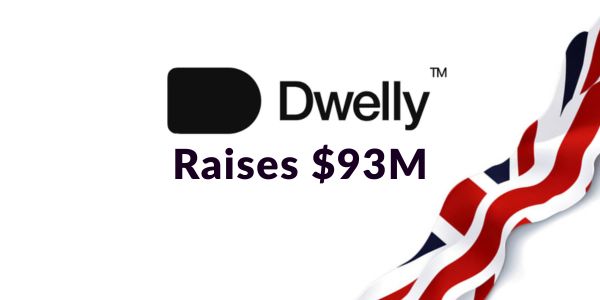
Dwelly Raises $93M to Supercharge AI-Powered UK Rentals Roll-Up
London startup Dwelly just landed $93M to snap up UK rental agencies and inject AI smarts. Founders from Uber and

Encord Raises $60M Series C: Fueling Physical AI Data Wave
Encord just landed $60M in Series C funding to supercharge data tools for physical AI. Founders Eric Landau and Ulrik

Foodforecast Raises €8M Series A to Slash Ultra-Fresh Food Waste with AI
Foodforecast, a Cologne AI foodtech firm, just scored €8M in Series A funding led by SHIFT Invest. Their tools predict
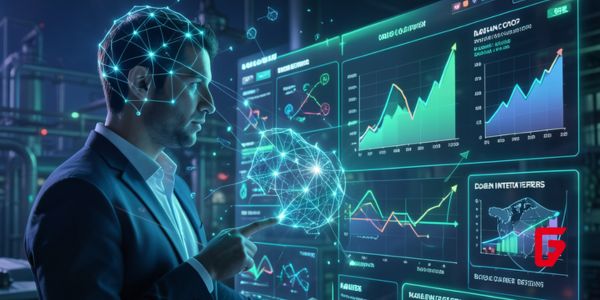
AI-Driven Operational Excellence: How Leaders Scale Ownership, Discipline, and Continuous Improvement in 2026
In 2026, AI scales operational excellence fundamentals—clear ownership, disciplined execution, and continuous improvement—letting leaders focus on outcomes while systems handle

VoiceLine raises €10M to scale voice AI for enterprise frontline teams
Munich-based VoiceLine has closed a €10M Series A round to grow its voice AI platform for frontline sales and service
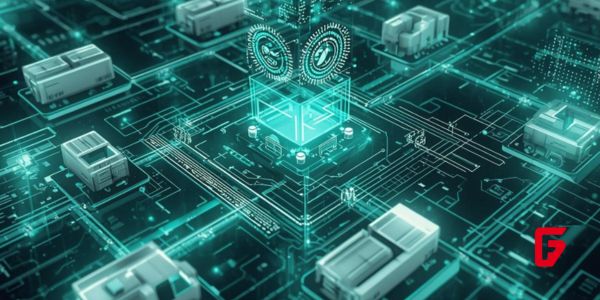
AI-Driven Logistics & Distribution Transformation: From Insight to Scalable Impact
AI is redefining logistics transformation—from network design to real-time execution. This article explores how data-driven insight, intelligent automation, and scalable
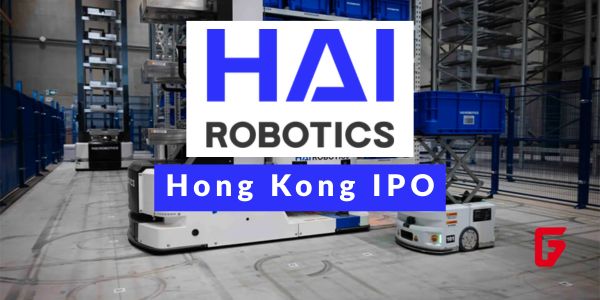
Hai Robotics Hong Kong IPO: From Startup Funding to Warehouse Robot Leader
Shenzhen’s Hai Robotics, pioneer in ACR warehouse robots, files for HK IPO after raising over $500M in funding rounds led
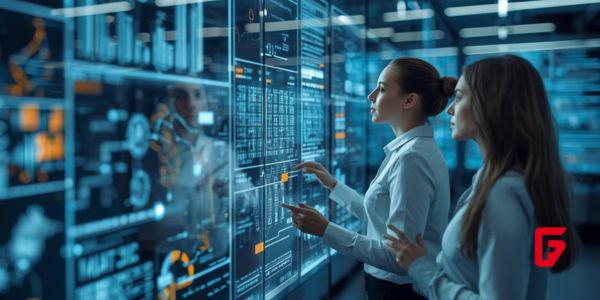
AI-Enabled Process Engineering & Continuous Improvement: Designing Systems That Learn
Explore how AI transforms process engineering and continuous improvement into self-learning systems. This article explains how organizations can design operations
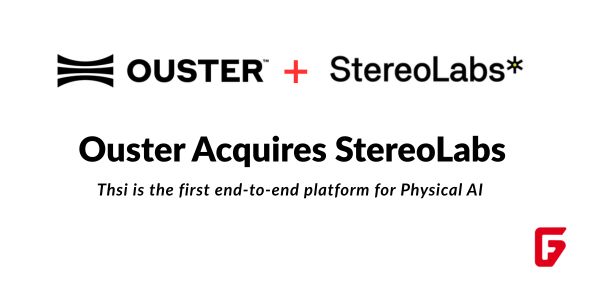
Ouster Acquires StereoLabs: Unified Physical AI Sensing Platform Launches
Ouster’s $35M StereoLabs acquisition fuses lidar and ZED cameras into end-to-end Physical AI sensing. Founders Cecile Schmollgruber and team drive

Bretton AI Lands $75M Series B Funding to Scale AI Agents for Financial Crime and AML/KYC Compliance
Bretton AI’s $75M Series B modernizes AML KYC compliance via AI agents, slashing staffing costs for banks and fintechs like
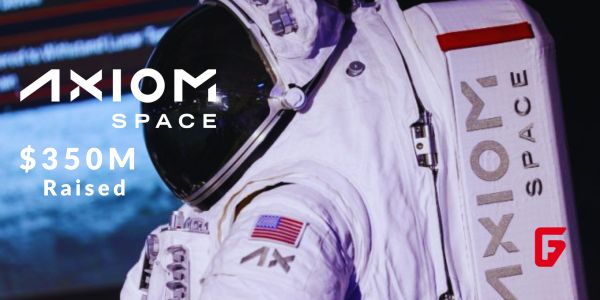
Axiom Space Raises $350M to Build Commercial Space Station and NASA Spacesuits
Axiom Space has locked in a fresh $350M raise to push its commercial space station and NASA lunar spacesuits toward

Santé Raises $7.6M Seed: AI Fintech Revolution for Wine and Liquor Retail
New York startup Santé secures $7.6M seed to build AI-powered POS for liquor stores, tackling regs & inventory woes after
futureTEKnow is focused on identifying and promoting creators, disruptors and innovators, and serving as a vital resource for those interested in the latest advancements in technology.
© 2026 All Rights Reserved.
